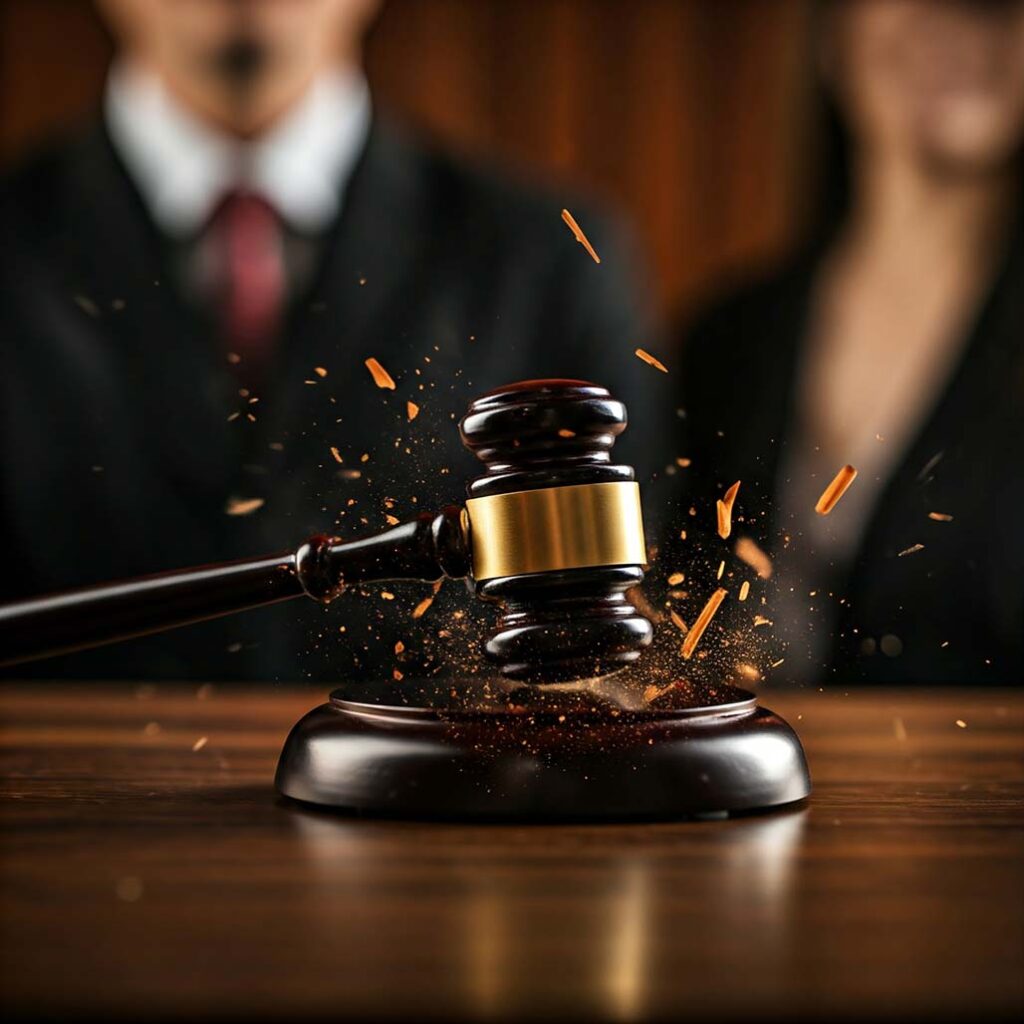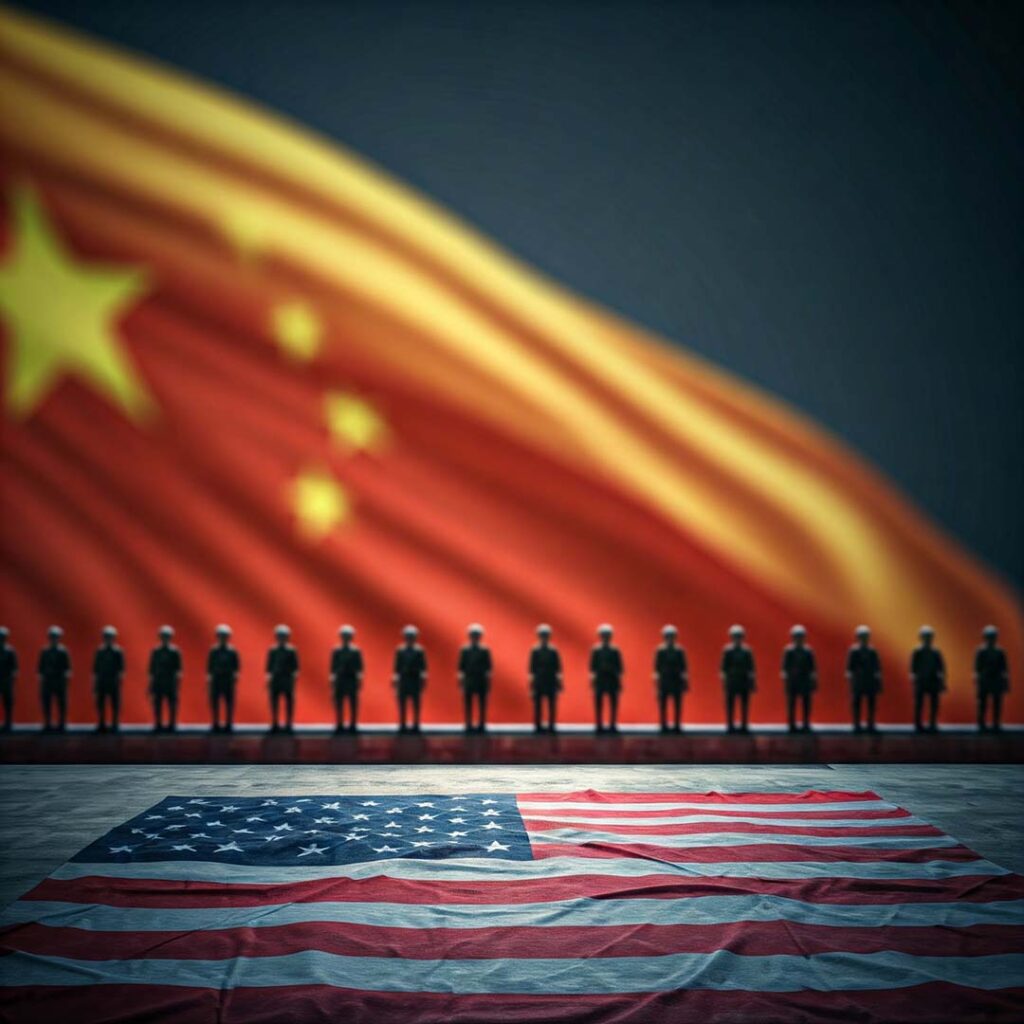As we enter 2025, the fate of one of America’s most popular social media platforms hangs in the balance. The TikTok ban, which has dominated headlines and sparked intense debate across the nation, now faces a pivotal moment that could reshape the landscape of social media in the United States.

The Legislative Hammer Falls
Congress’s decisive action to pass legislation requiring TikTok’s separation from ByteDance marks a watershed moment in American technology regulation. With the January 19th deadline looming, the platform faces the very real possibility of being removed from app stores nationwide, potentially disrupting service for millions of American users who have made the platform an integral part of their daily lives.
A Constitutional Showdown
The battle has now reached the highest court in the land. As the Supreme Court deliberates TikTok’s legal challenge, fundamental questions about the balance between national security and constitutional rights take center stage. The platform’s defenders argue passionately that the ban represents an unprecedented infringement on First Amendment rights, while supporters of the legislation maintain that national security concerns must take precedence.
Political Considerations
Adding another layer of complexity to this already intricate situation, President-elect Trump’s call for a delay in implementing the ban introduces a new dynamic. His suggestion of seeking a “political solution” raises questions about whether diplomatic channels might offer an alternative path forward. However, the feasibility and nature of such a solution remain unclear.

The Heart of the Matter
At its core, this controversy centers on two fundamental issues:
First, there are legitimate national security concerns about TikTok’s data collection practices and its potential connections to the Chinese government. These worries have persisted despite TikTok’s repeated assurances about data protection and operational independence.
Second, there’s the question of free speech and expression. TikTok has become more than just an entertainment platform – it’s a vital channel for communication, creativity, and commerce for millions of Americans. The potential ban raises serious questions about the limits of government authority in regulating digital platforms.
Looking Ahead
As we await the Supreme Court’s decision deadline, the future of TikTok in America remains uncertain. The outcome will likely set important precedents for how the United States handles foreign-owned technology platforms and balances national security concerns with digital rights.
The resolution of this issue could have far-reaching implications not just for TikTok’s users, but for international technology companies operating in the United States, US-China relations, and the broader landscape of social media regulation.
Note: This is a rapidly evolving situation, and developments may occur quickly. Readers are encouraged to follow reputable news sources for the most current information.




